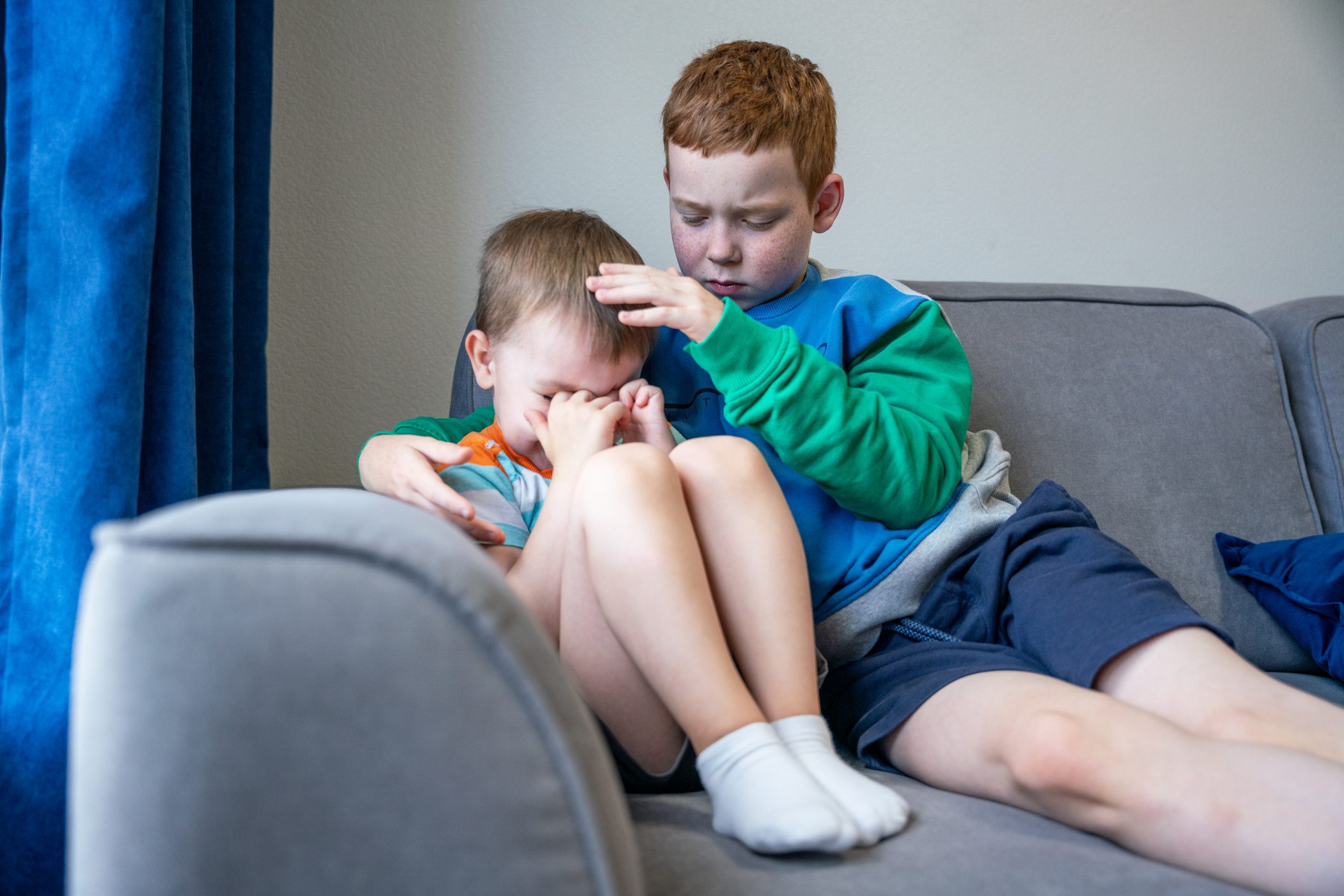Gail Beazleigh murdered her 51-yr-old father Edward Savage in July 2000 because, she claimed, he had sexually abused her for 20 years.
The 27-yr-old Gail cut his throat at his Redcliffe home after a bag had been placed over his head and his hands tied behind his back.
 She claimed her father started molesting her from the age of five, first raped her at the age of 13, and that when she was 17 he began drugging her.
She claimed her father started molesting her from the age of five, first raped her at the age of 13, and that when she was 17 he began drugging her.
She was convicted of the murder by the Brisbane Supreme Court in December 2002 and sentenced to life imprisonment. Her husband was also convicted as an “accessory” to the crime.
The deceased left a will appointing his brother as executor and leaving his estate to his three children including Gail, in equal shares.
Edward’s will also specified that if any child of his should die before him then that share of his estate would pass to their children, ie his grandchildren by way of what is commonly referred to as a ‘gift over’ clause.
It is a well-established principle of estate law – the rule of forfeiture – that a person criminally responsible for the death of another can’t receive any benefit from the estate of the deceased by will or otherwise.
Gail had forfeited her interest as a beneficiary of her father’s will and could never receive anything from his estate.
But what about her three children? Could take Gail’s share under the ‘gift over’ clause? Or should a child of the murderer responsible for the death of the deceased be likewise denied any benefit in that way?
This the question came before Justice Martin Burns in the Supreme Court in Brisbane.
One-third of Edward’s estate had already been distributed to his son, Steven Savage, and a balance of $519,000 was being held by the executor pending the decision of the court.
The court had to decide on the one hand if Gail’s three adult children would get to share between them what Gail would otherwise have received had she not slit her father’s throat; or whether the gift would ‘fail’ meaning that Gail’s share would be divided between Steven and the two children of her other sibling, Edward who had died.
In this instance though, the event upon which the gift over was dependent – ie, Gail’s death – had not occurred as she was very much alive.
Should though a gift over be allowed to operate to achieve the same outcome in circumstances different to those contemplated by the willmaker?
The judge answered that question in the negative. There was no basis for holding Gail’s share of her father’s estate should be gifted over to her three children.
Thus, Justice Burns reasoned, the gift over provision was not enlivened and the gift was taken to have failed.
The Court ordered that Gail’s share be shared between Steven who received a half share and Edward’s two children who received a quarter share each.
Savage v Savage & Ors [2023] QSC 280 Burns J, 8 December 2023




